
Prime Minister Dahal Signals to Step Down from Power, But Why?
Prime Minister Pushpa Kamal Dahal ‘Prachanda’ has indicated to relinquish power. In a conversation with journalists close to his party, the Maoist Center, on Wednesday, he expressed his readiness to step down, even if it means leaving the government, in order to combat corruption.
Prime Minister Dahal finds himself in a moral crisis due to a case filed against him in the Supreme Court, alleging the use of child soldiers during the armed conflict. In light of this, he has stated that he is prepared to give up his position, connecting his decision to the issue of corruption.
Asserting that he will resign from the government if he should compromise in eradicating corruption, he emphasized that the government is not of paramount importance to him.
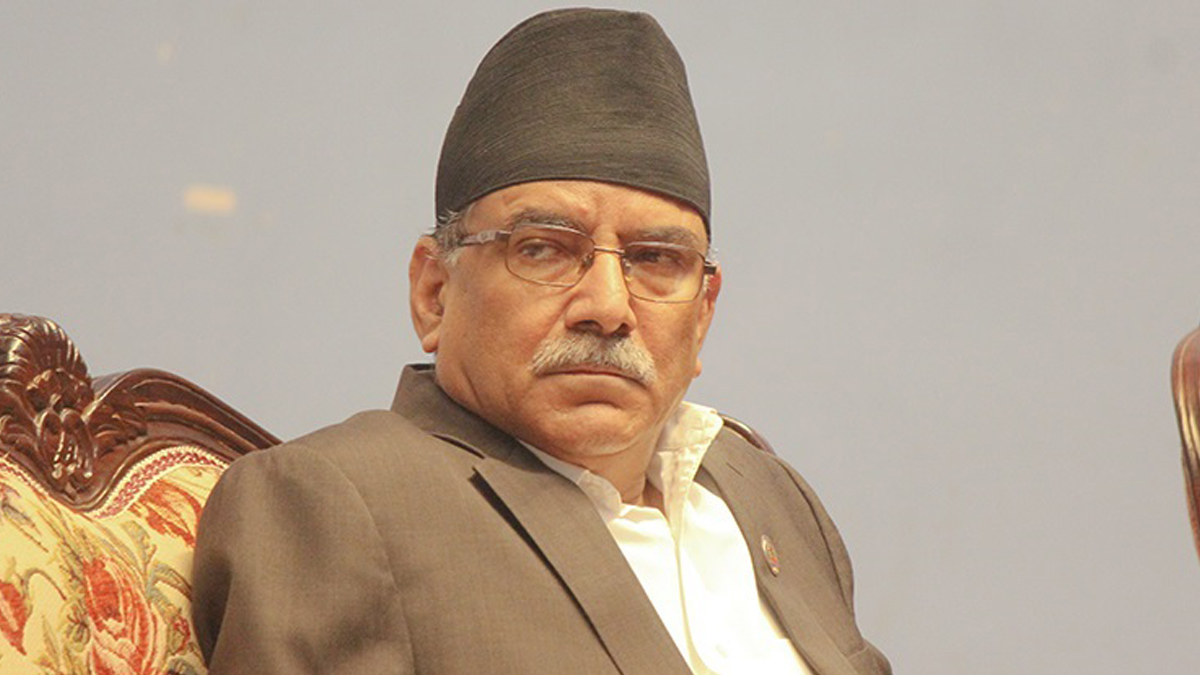
However, Prachanda’s recent engagement in discussions about communist unification, amidst threats to his power and Maoist’s future, signifies his inclination to step down from power. When faced with vulnerability or challenges, he often turns to the idea of unifying communist groups or the socialist front. However, this move has garnered dissatisfaction from the Nepali Congress, which is unhappy with Prachanda’s approach. Likewise, the party is also particularly critical of Prachanda as the government detained Balkrishna Khand, the Congress leader and former Home Minister in the fake Bhutanese refugee case.
Similarly,the recent enigmatic visit of Sher Bahadur Deuba, the President of the ruling party, Nepali Congress, to Singapore has sparked speculation regarding a potential alteration in the political landscape of Nepal. Coinciding with this development, the Dahal’s today’s expression indicate that he might have received indications that his position of power could be compromised and that measures may be taken to remove him from office.
In the meeting held at his residence in Baluwatar this morning and in another program at the party central office in Parisdanda, he emphasized the government’s commitment to advancing good governance. Dahal stated, “I have noticed certain doubts among individuals questioning whether the government will yield or make concessions.” Nevertheless, let me make it clear – the government itself is not my primary concern. My primary concern lies in ensuring good governance and serving the people. The government will steadfastly progress towards eradicating corruption, without making compromises or bending its principles.”
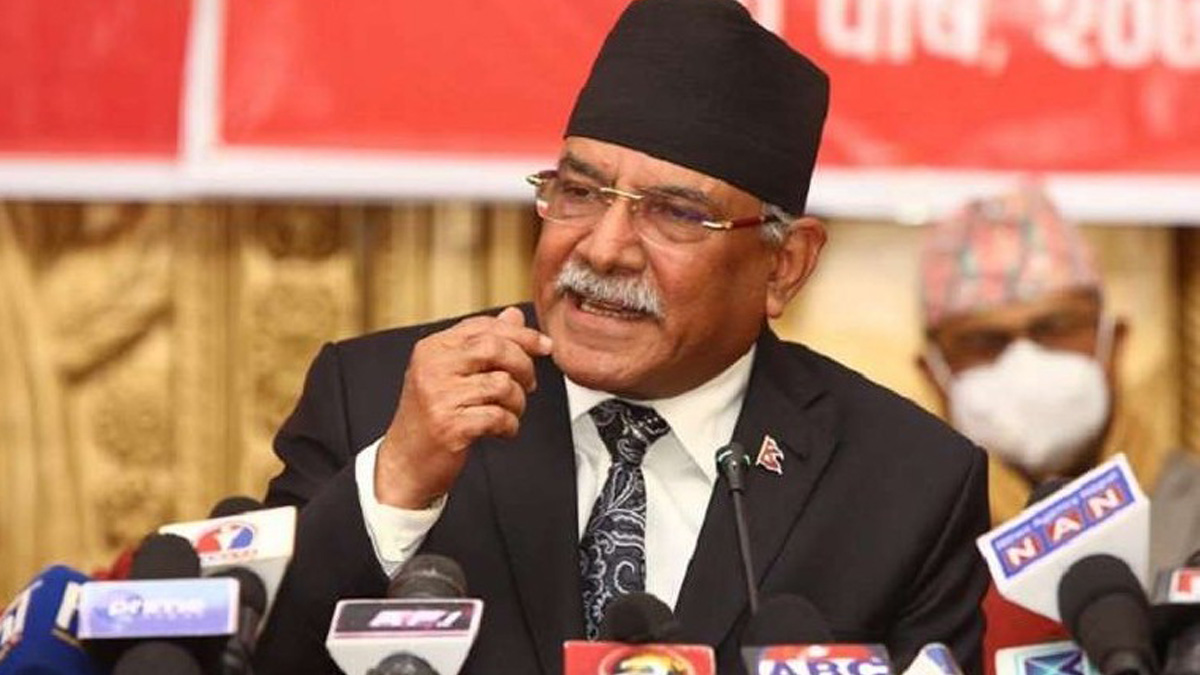
He stated his belief that, if necessary, he would step down from the government to combat corruption. Dahal questioned whether the government would cease its fight against corruption and instead succumb to corrupt practices. Personally, I find it more advantageous to relinquish governmental responsibilities and engage directly with the people, rather than compromising on this critical matter.
Despite initial expectations of Dahal’s departure from power, his tenure was extended due to the abrupt arrest of influential figures from the Nepali Congress and CPN-UML, who were implicated in the fabricated Bhutanese refugee case. Despite the involvement of high-ranking leaders and prominent administrators from the Congress and UML, Dahal has been unable to take action against them.
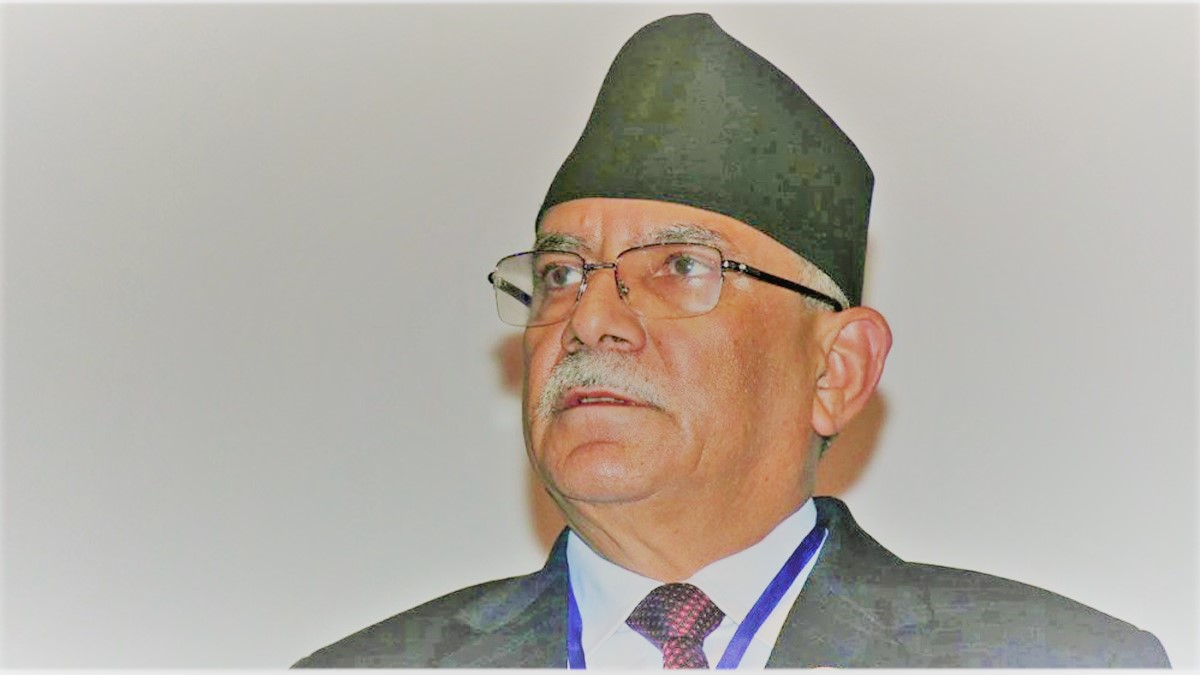
Dahal has given an indication that if there arises a scenario where he is required to relinquish power, he will not hesitate to pull them too. Additionally, it is speculated that the Supreme Court may potentially remove him from office in relation to the war crimes case. Dahal emphasized during a recent meeting that certain individuals are attempting to sow confusion among the public by presenting themselves as resolute fighters against corruption and genuine nationalists.
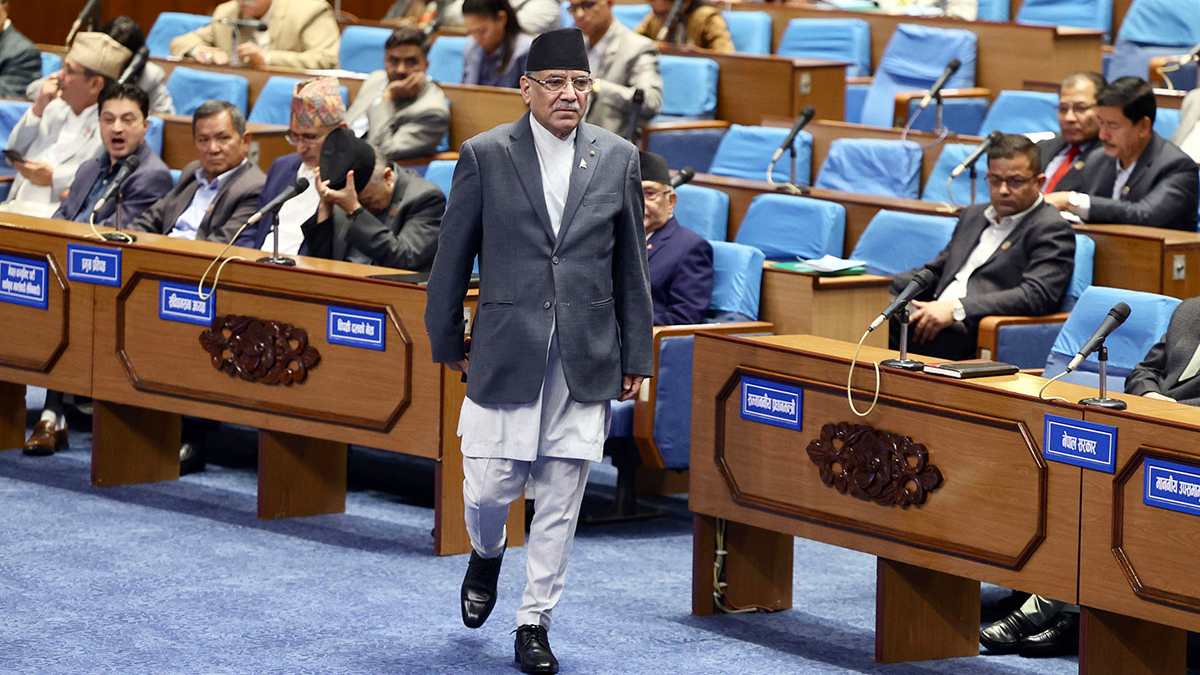
He asserts that the government has effectively carried out commendable initiatives during the challenging circumstances of the siege. Dahal contended that the government’s efforts were not adequately publicized. Furthermore, he emphasized the significance of the anti-corruption measures undertaken in addressing the issue of counterfeit Bhutanese refugees, as well as the historical significance of the agreements established during his visit to India.
He expressed the viewpoint that mere execution of positive actions is insufficient. Consequently, he stressed the vital importance of effectively communicating to the populace the value of such endeavors, in order to dispel any misconceptions or illusions.
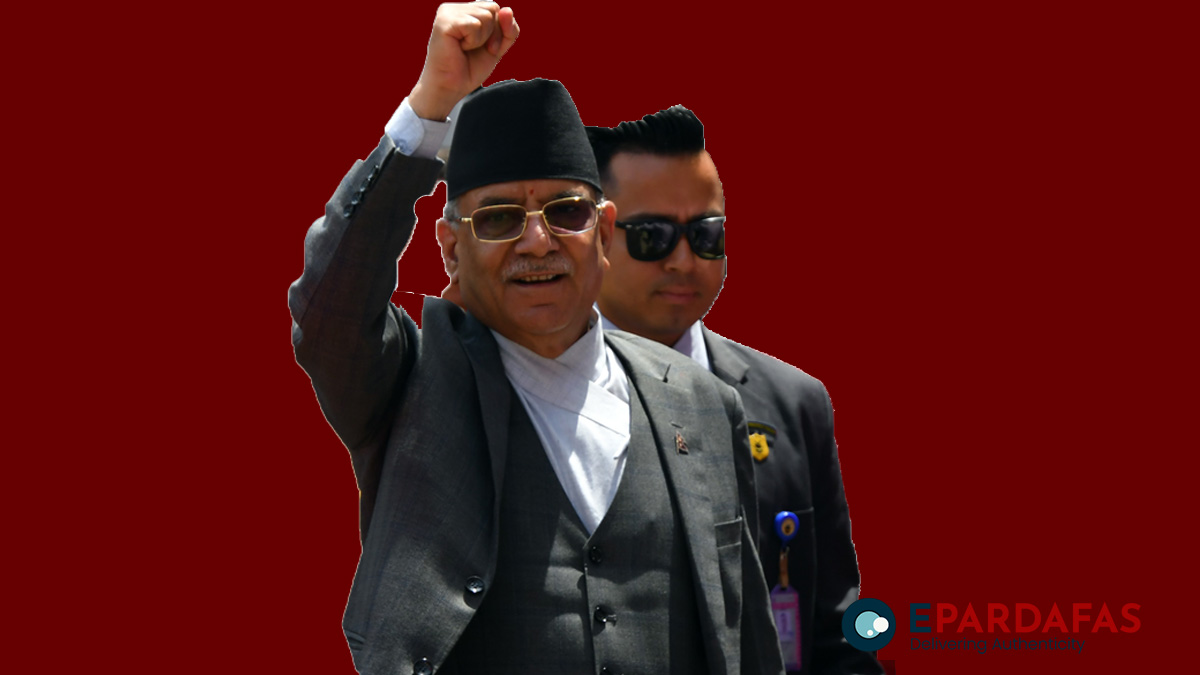
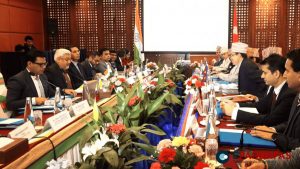

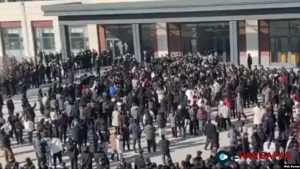
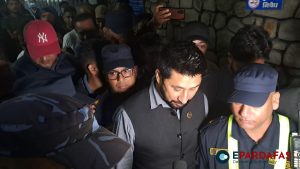

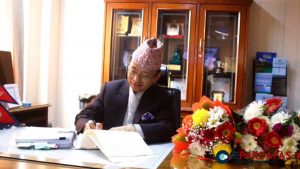
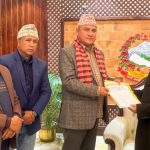



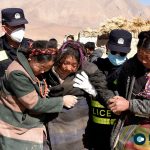
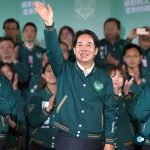
Comments